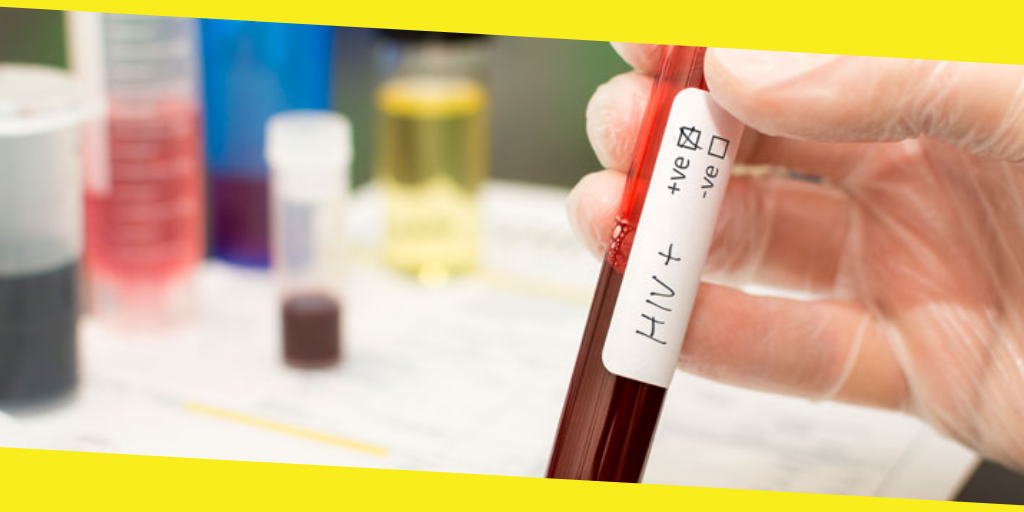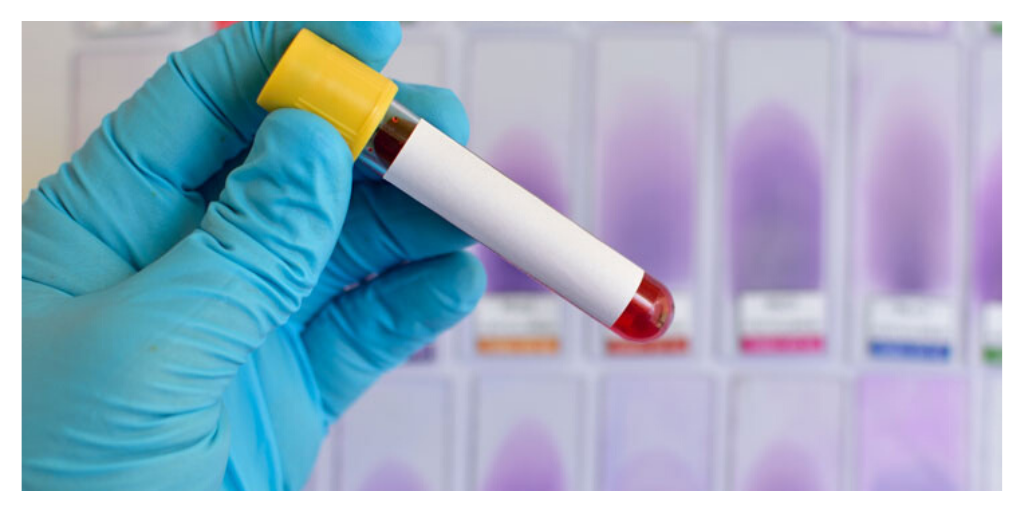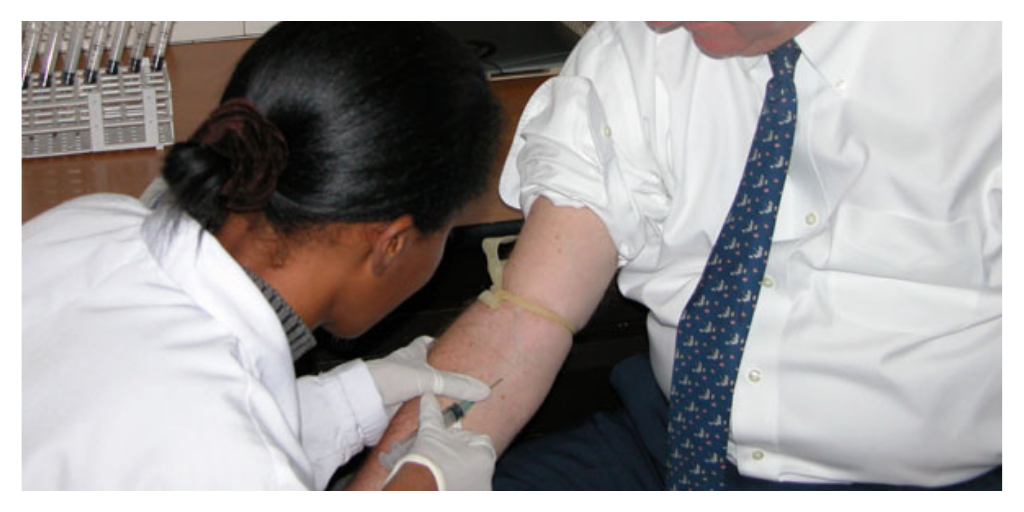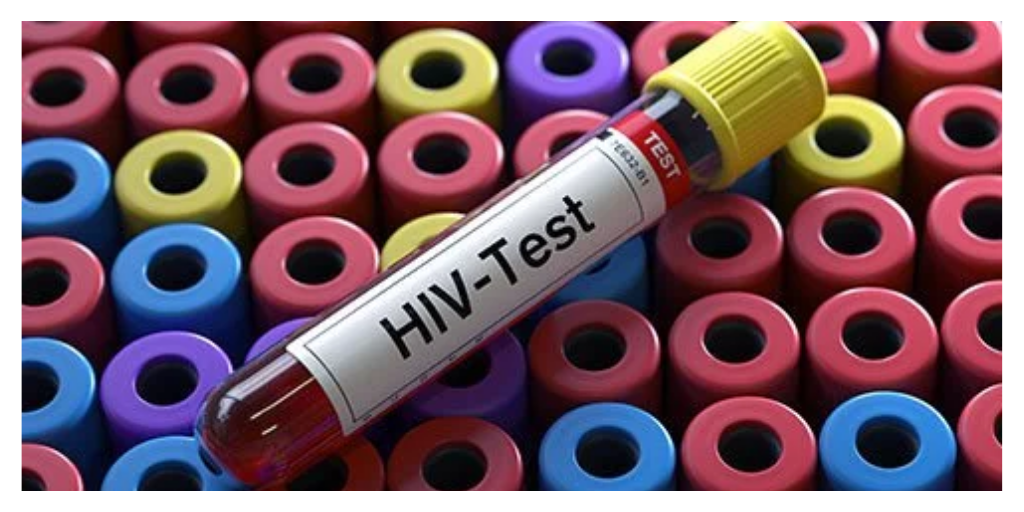How ELISA Kits Diagnose HIV Virus?
This post was last updated on March 4th, 2025
HIV virus is a health scar piercing through the fabric of the world for years, and still, we haven’t been able to fully crack the medical conundrum.

The potentially-fatal virus, if not timely diagnosed, spreads through vaginal, oral or sexual contact, thus inflicting more than just the primary host. Owing to its contagious nature, this virus has afflicted men, women and even young children via – infected blood, breast milk, and shared injections.
As per UNAIDS, nearly 36.9 million people worldwide were HIV infected, including 1.8 million children (<15 years old) in 2017.
In order to contain the problem, a number of tests are performed to determine the presence of the virus in the blood, including ELISA Kits and Western Blot. herein, the focus is on answering the following questions:
- What is ELISA Test?
- Who all qualifies for ELISA Test?
- What Happens Before, During & After ELISA Test?
- What are the common risks involved?
What Is ELISA Kit?
Also known as enzyme-linked immunosorbent assay, this test screens the presence of antibodies produced as a result of HIV infection in the human blood. There are different types of data that have to be mined and analyzed to get a proper interpretation.
Generally, the antibodies are not produced just immediately after the infection. Thus you may have to undergo the highly sensitive ELISA test after a gap of a few weeks or even months.
Typically, the ELISA test is the first test performed to detect the presence of the HIV virus. If tested positive, Western Blot is performed to confirm the preliminary diagnosis. However, many healthcare providers recommend an HIV differentiation assay and HIV genetic material detection test.

Who All Qualifies For ELISA Test?
ELISA tests have broadened the scope of HIV testing and diagnosis to manage the precarious situation. Early detection of the HIV virus helps in curtailing the rate of the number of affected people.
Anyone who had:
- Intravenous (IV) medications
- Intercourse with HIV person or without using protection with a person with suspected HIV infection
- Suffering from other sexually transmitted diseases (STDs)
Many people choose to get themselves HIV tested even if they are not at risk, or as a precautionary measure. You can buy ELISA kit online for a timely diagnosis of the disease.
Make a note: Early diagnosis ensures a proper cure is possible to prevent the situation from getting worse, including death.

Things To Know Before Undergoing ELISA TEST For HIV
-
PRE-ELISA TEST ARRANGEMENTS
No special instructions are provided to the people. It is just like any other blood test. However, if you’re nervous or undergoing any medical treatment, no harm in keeping your lab technician informed.
From reporting any bleeding disorder to phobias, let lab technicians know of your condition before the test begins.
-
DURING ELISA TEST
It is no different than other blood tests where a lab technician will:
- Clean and prepare the exact spot for blood extraction
- Carefully use the tools to prick the skin.
- Observe for symptoms after extracting the blood from veins.
- Some stiffness or basic discomfort is pretty much okay!
If bleeding unexpectedly persists, raise your arm or slightly flex the muscles to contain the blood flow. A slight pain after applying the prick is normal.
-
POST ELISA TEST
As mentioned before, you can drive home on your own to go about after the ELISA test. The sample blood will be forwarded to a medical lab for HIV examination.
A good chance if you are performing the test at a shorter period of time after the suspected HIV exposure, the test may turn negative, and needs to be repeated.
In fact, other medical infections of the likes of lupus, Lyme disease, and other STDs can be responsible for false-positive HIV results on the ELISA test. Read ELISA data interpretation guide to know more.
For patients tested positive for HIV, seek immediate medical attention including more medical tests to confirm the results, and decide the future course of treatment.
Some of the alternative tests include
- Home Test after the FDA nodded to the Home Access Express Test kits.
- Saliva Test administered using a cotton pad. The sample has to be lab tested and confirmed via a blood test.
- Viral Load Test that determines the HIV infection during the early stages itself.
- Western Blot that is somewhat considered an equivalent to ELISA Kit.
As per the CDC, a time bracket of anything between three and 12 weeks is practical to develop enough antibodies. In rarest of the rare cases, it may stretch to six months or even more.
The sooner a person knows of their HIV status, a well-thought-out course of treatment can be created to prevent further health complications.
Most doctors suggest antiretroviral drugs to reduce the page of the virus causing infection. We strongly recommend using only FDA approved drugs after the growing Truvada lawsuits sparked fear of kidney problems among HIV patients.

Any Risks Involved?
Generally, ELISA tests are safe but complete denial of risk is not a wise decision either. Many people after the test may experience some of the symptoms including:
- Light bruise or skin infection on the injection site
- Continued bleeding for unexpected time
- Dazed or lightheaded owing to deep fear for injections or even blood
After the realization of any such symptoms or anything more, contact your healthcare provider without any delay to determine the best treatment to get your life back on track.
Recommended For You
Pachinko – What It Is And How To Play It
Most Inside
Most Inside offers high-quality recommendations and valuable updates to enhance all aspects of your life, providing premium guidance and enriching experiences.




